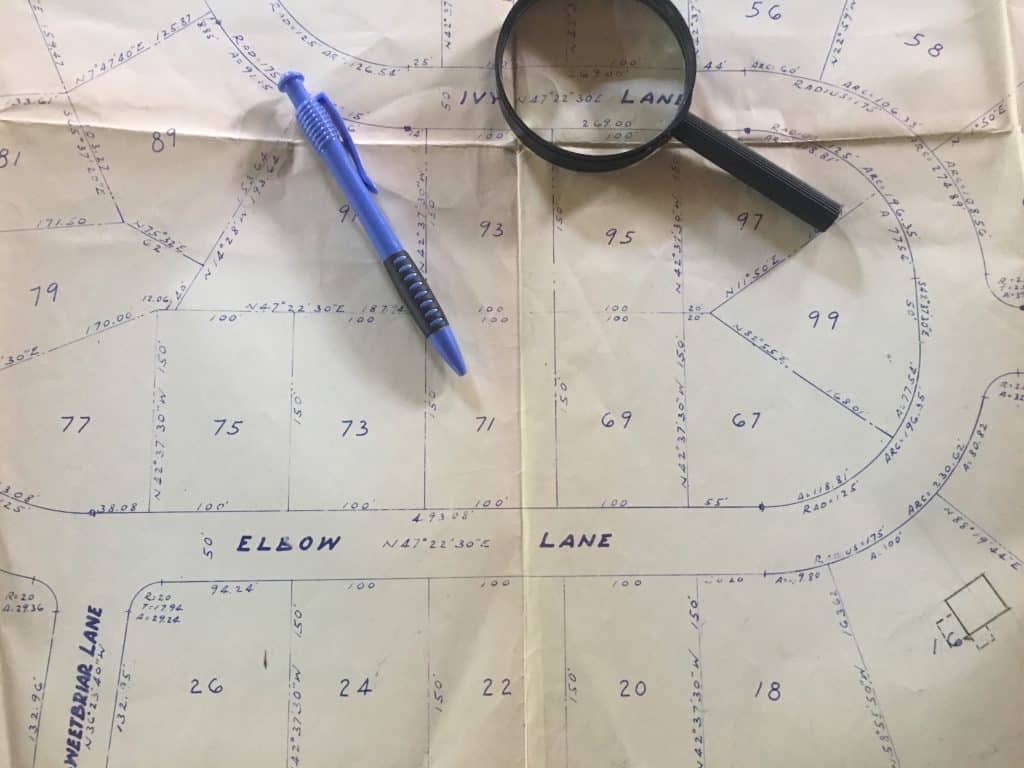Property rights play a significant role in the lives of property owners and potential buyers. Understanding these rights is crucial for protecting investment, making informed decisions, and avoiding potential legal disputes. This article will cover the basics of property rights, legal frameworks, easements and encroachments, zoning and land use regulations, intellectual property rights in real estate, navigating property rights disputes, protecting your property rights, and transferring and inheriting property rights.
The Basics Of Property Rights

Property rights refer to the legal authority and control a person has over a particular piece of real estate. These rights dictate what you can and cannot do with your property, and various laws and regulations protect them. Property rights can take several forms, including surface, air, and mineral rights. Surface rights allow the owner to use the land for various purposes, such as building structures or planting crops. Air rights pertain to the airspace above the land, while mineral rights refer to the ownership and control of natural resources beneath the surface.
Understanding Your Property Rights
Being aware of your property rights is essential for several reasons. First, it helps you make informed decisions about how to use, develop, or sell your property. Second, it allows you to protect your investment from encroachment or unauthorized use by others. Finally, knowing your property rights can help you avoid potential legal disputes arising from misunderstandings or conflicting claims. The consequences of not being aware of your property rights can range from financial losses to legal battles, which can be time-consuming, stressful, and expensive.
Legal Frameworks And Property Rights

The legal frameworks that govern property rights vary depending on the jurisdiction. Common, civil, and customary law are the primary legal systems that influence property rights worldwide. Based on court decisions and precedents, common law is used in countries like the United States, Canada, and the United Kingdom. Civil law, which relies on codified statutes, is prevalent in continental European countries, while customary law, based on local customs and traditions, is often found in indigenous communities.
Understanding the legal framework that governs your property rights is crucial for navigating the complexities of ownership and ensuring that your rights are protected. Familiarizing yourself with the relevant laws and regulations can help you make better decisions about your property and prevent potential disputes from arising.
Easements And Encroachments

Easements are a common aspect of property rights that grant specific rights to another party to use or access your property for a particular purpose. For example, utility companies often have easements that allow them to install and maintain equipment on private property. On the other hand, encroachments occur when a neighboring property owner intrudes on your property rights, such as building a fence that extends beyond their property line.
Both easements and encroachments can significantly impact your property rights, and it’s essential to be aware of their existence and potential consequences. Addressing easements and encroachments promptly can help protect your property rights and avoid potential legal disputes.
Zoning And Land Use Regulations

Zoning and land use regulations are government-imposed rules determining how a particular property can be used and developed. These regulations are designed to ensure the orderly growth of communities and protect the interests of property owners and residents. Zoning laws may dictate the types of structures that can be built, the minimum lot size, and other specifications that impact property use and development.
Understanding zoning and land use regulations is essential for property owners and potential buyers, as these rules can significantly impact your property rights and the potential for development. Familiarizing yourself with the applicable regulations can help you make informed decisions about your property and avoid potential conflicts or violations that could lead to fines or legal disputes.
Intellectual Property Rights In Real Estate

While typically associated with creative works such as books, music, and inventions, intellectual property rights can also play a role in real estate. Architectural designs, for example, can be protected by copyright, and real estate developers may trademark their branding, logos, and other distinctive elements associated with their properties.
As a property owner, you must be aware of any intellectual property rights connected to your property, as they can affect your property rights and use. For instance, if you plan to renovate or expand a building with a copyrighted design, you may need permission from the copyright holder to make certain changes.
Navigating Property Rights Disputes

Disputes over property rights can be challenging and stressful for all parties involved. Resolving these disputes often requires negotiation, mediation, or, in some cases, legal action. When facing a property rights dispute, it’s crucial to gather all relevant documentation, such as deeds, surveys, and easements, and consult with an experienced real estate attorney.
Having a clear understanding of your property rights and the applicable laws and regulations can be invaluable when navigating disputes. Disputes can often be resolved amicably through negotiation or mediation, saving all parties time, money, and stress. However, if these methods fail, legal action may be necessary to protect your property rights and interests.
Protecting Your Property Rights

Protecting your property rights involves several proactive measures, including obtaining title insurance, maintaining accurate records, and staying informed about changes in laws and regulations. Title insurance protects you against potential claims or encumbrances on your property, ensuring your ownership rights are secure. Proper record keeping, such as retaining deeds, surveys, and easement agreements, can help you establish your property rights and prevent disputes.
Additionally, staying informed about changes in laws and regulations that impact your property rights can help you avoid potential violations or disputes. Regularly reviewing your property rights and taking action to address any issues or concerns can ensure that your property remains protected and valuable.
Transferring And Inheriting Property Rights

Transferring and inheriting property rights can be complex and involve various legal procedures, such as probate, wills, and trusts. When property owners pass away, their property rights may be transferred to their heirs through a will or, in the absence of a will, through the legal process of intestate succession.
Understanding the steps in transferring and inheriting property rights can help ensure a smooth ownership transition and minimize potential disputes among heirs. Consulting with an experienced estate planning attorney can benefit property owners and their heirs, as they can guide the best methods for transferring property rights and navigating any legal challenges.
The Bottom Line
Understanding and protecting your property rights is essential for owners and potential buyers. By familiarizing yourself with the legal frameworks, easements and encroachments, zoning and land use regulations, intellectual property rights in real estate, navigating property rights disputes, protecting your property rights, and transferring and inheriting property rights, you can make informed decisions about your property and safeguard your investment. Ensuring your property rights are well-established and protected will provide peace of mind and help you avoid potential legal disputes down the line.


